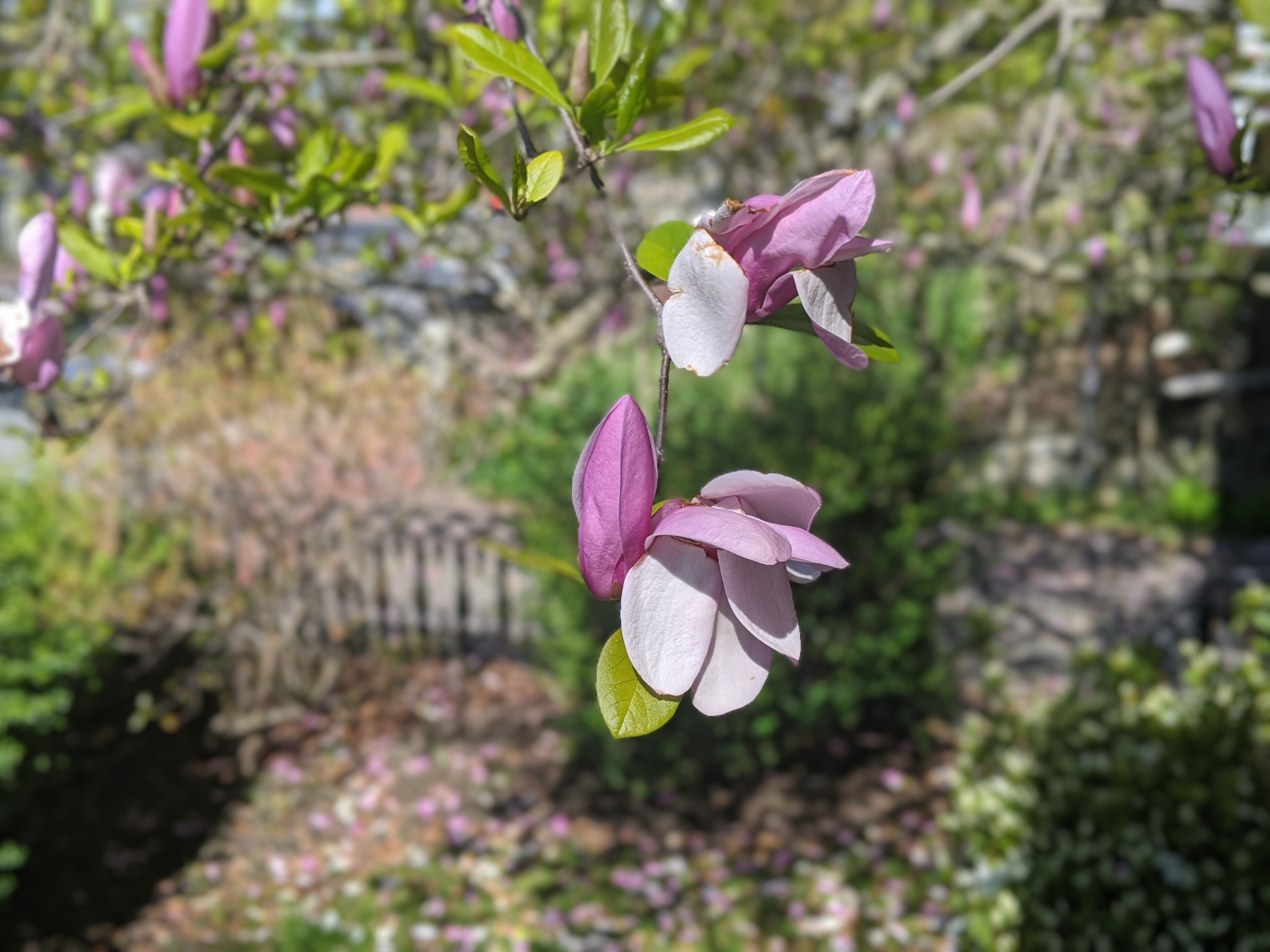
10 May Kiarostami’s ‘The Wind Will Carry Us’: Let us revisit ‘the moment’
Last night I watched Abbas Kiarostami’s “The Wind Will Carry Us.” It left me in a reflective mood, fitting perhaps for the state of the world today and a fitting break from the hectic activities that accompany an economic crisis. Introspection, self examination is the need of the hour (echoed by @Naval in this tweet today).
The film poses the eternal existential questions. We witness the central figure, Behzad, trying to find his place in the world with equal parts intent and insouciance, doing so in a small rural Iranian town where he and colleagues have encamped from Tehran by wending their way along a long winding road. We never quite understand their mission but it’s unclear they do either. If that’s not a metaphor for life, I’m not sure what is!
Behzad interacts with the folks in town with some level of unease, as the city man is clearly out of place with his environs. There are times we believe he has lost sense of a mission and is simply there to observe, to befriend a little boy who is seemingly always in exams, to execute his routine shave (something I am *not* doing at the moment), to tease the sweetness of women out of their shells. There are other times we are reminded, however, that Behzad is indeed on some sort of mission – waiting for the death of an old lady. It is the human condition at work.
The most comical sequences of the film are also its most recurrent: sporadic (or scheduled?) calls on Behzad’s mobile phone, for which he must immediately drive to the highest point of town (a cemetery) to receive. The repetition and futility of this uphill journey has, in my opinion, Behzad do a fairly good impression of Sisyphus. Is the juice worth the squeeze? Or must man simply persist even if toward futility? Who is the mystery voice who harkens Behzad to a resting place of man? Is it God or is it someone he perceives to be ‘God’? Is Behzad actually in control?
Indeed, Behzad is trapped in the existential questions: why am I here? do I matter? As they traverse the fields on the doctor’s motorcycle, Behzad asks if he can smoke? The doctor lets Behzad know it would take more than his cigarette to pollute the world. The futility of man is never more apparent. But, then, so is the power of his freedom.
As is typical of Kiarostami, the film is poetry more than it is a movie, with sweeping landscapes, interspersed verse, and silence. It is shot by a man who is a photographer so we are focused on this moment, this frame, this life. It is a still life to which we are now so unaccustomed and yet now so accustomed. It is the only way to pose the questions. We must pose the questions.
Existentialism can veer toward nihilism, but that is never its intent. It is always about freedom of man, about bringing ourselves to the moment. The future we envision may never come; there is only one future we know will come, that is pre-determined, and it is death, which is an end to life. Eventually, the ‘wind will carry us’ as it has done to the cherry blossoms in front of my home. So the present is what matters and we must protect its potence as the path to prosper. As an entrepreneur finding his place in life in a world finding its place in time, it is a message worth absorbing. It is a message of action.


